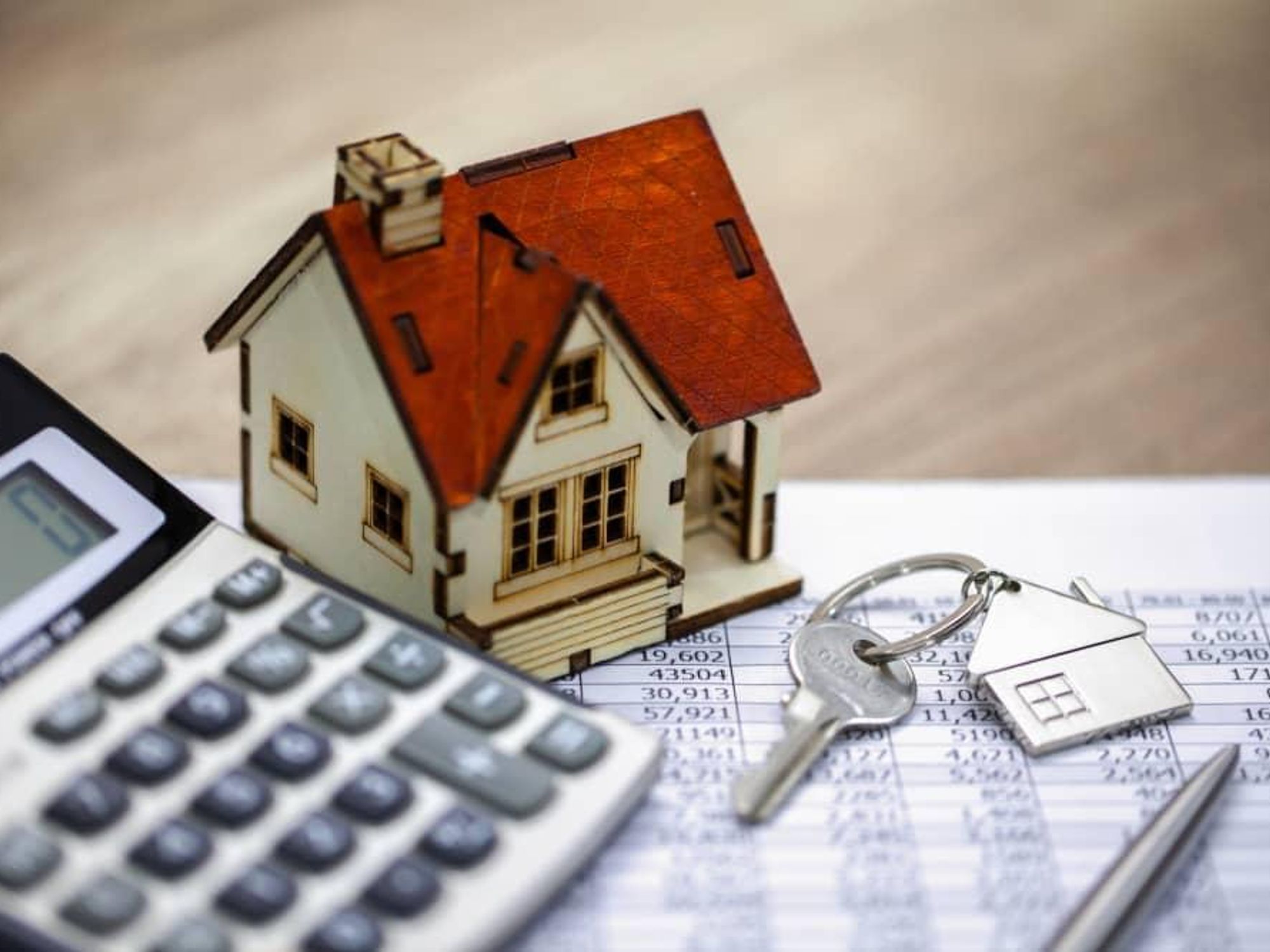Eye on the Prize
How long it takes to become a homeowner in Dallas might surprise you

With the Dallas real estate market booming right now, it feels like everyone is rushing to buy a house. But how long have these buyers been saving up for this huge purchase?
A new study from financial website SmartAsset looked at how long it typically takes someone in 100 U.S. cities to become a homeowner. The report looked at data across five metrics: median household income, effective income tax rate, median annual rent, median home value, and average closing costs.
Using income, tax rates, and rent figures, the site calculated income after taxes and rent in each city. It assumed renters would be able to save 40 percent of their post-tax and rent income annually.
Then, the analysts divided the upfront costs for a home, including a 20 percent down payment on the median-valued home and average closing costs, by that savings figure to estimate an average length of time for homeownership to be achieved.
Overall, the winner is Fort Wayne, Indiana, at just a touch over two years, but four of the top 10 cities where it takes the least time for renters to become homeowners are in Texas. The estimated time for renters to become homeowners is less than 2.5 years in Corpus Christi, Laredo, El Paso, and Arlington.
But when you look at the top 15 largest cities in the U.S., the Lone Star State looks even more impressive.
On that list, Fort Worth nabs the No. 2 spot behind Columbus, Ohio. With an income of $37,547 after taxes and rent and upfront home costs (20 percent down plus closing costs) of $41,236, it tends to take Cowtown residents only 2.75 years before they're homeowners.
San Antonio is hot in Fort Worth's heels, coming in at only 2.77 years thanks to home costs of $34,402 and an income of $31,403.
Houston ties with Jacksonville, Florida, for fourth, using $32,074 income plus $39,171 home costs for a total of 3.05 years of saving.
Dallas is No. 6, where residents can typically become homeowners after 3.47 years of saving. Income of $32,69 and home costs of $45,257 leave an estimated yearly savings of $13,047 to put toward buying a home.
Austin is the last Texas city on the list, at No. 8, taking about 4.29 years to get the keys. Here, you'll also find the biggest numbers in the state: an income of $45,033, upfront home costs of a whopping $77,231, and an estimated yearly savings of $18,013 to put toward homeownership.
SmartAsset also has the numbers if a buyer is only looking to put down 10 percent, and that obviously results in a quicker path to closing day.
According to a National Association of Realtors report, the median age of first-time homebuyers in 2019 was 33 years old, three years older than it was a decade prior. Moreover, a recent Zillow analysis shows that the typical first-time homebuyer now rents for six years before settling down in one place, more than double the amount of time needed in the early 1970s.
